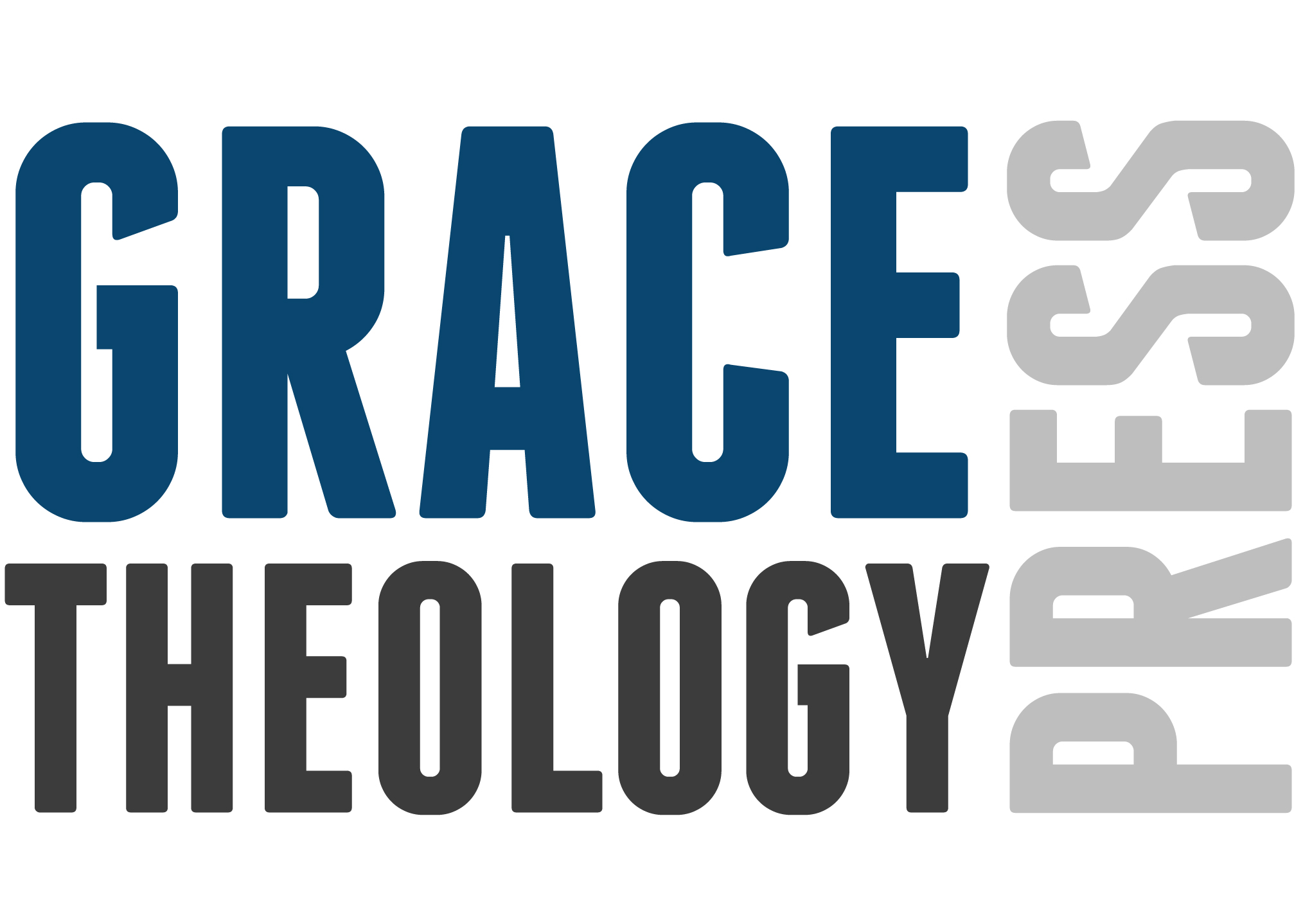One of the great challenges any movement must face is how to thrive and grow beyond its first generation of leadership. The intellectual and spiritual structures of a movement must continue to evolve and respond to the robust needs of each generation, and without a commitment to consistent intellectual engagement, a movement will die on the vine.
Key cornerstones of the Grace movement have been a commitment to biblical authority; a pre-Augustinian understanding of divine determinism and human ability; a post-supercessionist reading of Israel and the Church; and a commitment to the eternal security of the believer independent of Reformed concepts of election and perseverance. These are commitments shared across eschatological perspectives, biblical cessationist vs. noncessationist perspectives, and across ecclesial or denominational boundaries. These cornerstones are also areas of exploration and discovery that must be investigated more fully, with their implications brought to the collective table of exegesis, theology, philosophy, ethics, and spiritual formation, if the Grace movement is to have lasting value beyond a historical footnote.
 In light of these needs, a group of scholars, of which I am a part, has committed to the creation of a community of scholarship that share these general convictions, a community that is both mutually sharpening, and also productive to the benefit of the community. The hope is that work produced from this group and groups like it will provide top-flight historical, theological, and philosophical grist, from which the larger community can mull, revise, and apply.
In light of these needs, a group of scholars, of which I am a part, has committed to the creation of a community of scholarship that share these general convictions, a community that is both mutually sharpening, and also productive to the benefit of the community. The hope is that work produced from this group and groups like it will provide top-flight historical, theological, and philosophical grist, from which the larger community can mull, revise, and apply.
As a first pilot experiment, Dr. Ken Wilson (DPhil, Oxford), Dr. Mark Ellis (PhD, DTS), and myself, Dr. Nick Ellis (DPhil, Oxford) hosted a week-long writing camp at Lake Conroe, Texas this past March. The desire was to provide substantial opportunity for both the work of writing, and also for extended, charitable critical engagement, within a working environment that stimulated personal fellowship. The week was spent within a carefully structured rhythm of early morning devotions and breakfast, an outline of each person’s daily agenda, several hours of writing, and then several hours of critical review and engagement in the format of an Oxford Senior Seminar.
As a result of this extended workshop, wonderful relationships were built, and our thinking sharpened. From these personal projects we saw the publication of a Linguistics and Exegesis book chapter by Dr. Nick Ellis in a Baker Academic volume, and two articles by Dr. Wilson on James and on 2 Timothy published in peer-reviewed academic journals. Dr. Wilson also produced an abridged volume of his WUNT volume, tracing the origins of Augustinian determinism, but in a more accessible and affordable formate. Looking forward, the group walked away with a blueprint for a comprehensive publishing project, including an Introduction to the New Testament, an Introduction to Church History, exegetical commentaries on James and Romans, and a Systematic Theology, works which are now in progress. We hope that these resources will continue to advance healthy, godly conversations within the Church, sharpening our thinking and balancing our current theological positions in light of biblical exegesis and early apostolic agreement.
This cannot be the only community dedicated to the intellectual task of writing good history, exegesis, theology, and ethics by those who share similar convictions. We look forward to engaging other pastor-theologians, scholars, and practitioners in the coming work, in loyalty to Christ’s teachings, for the glory of God and the flourishing of the Church.
This article is written by:
Dr. Nick Ellis
Director of Ministry Partners
Grace School of Theology














